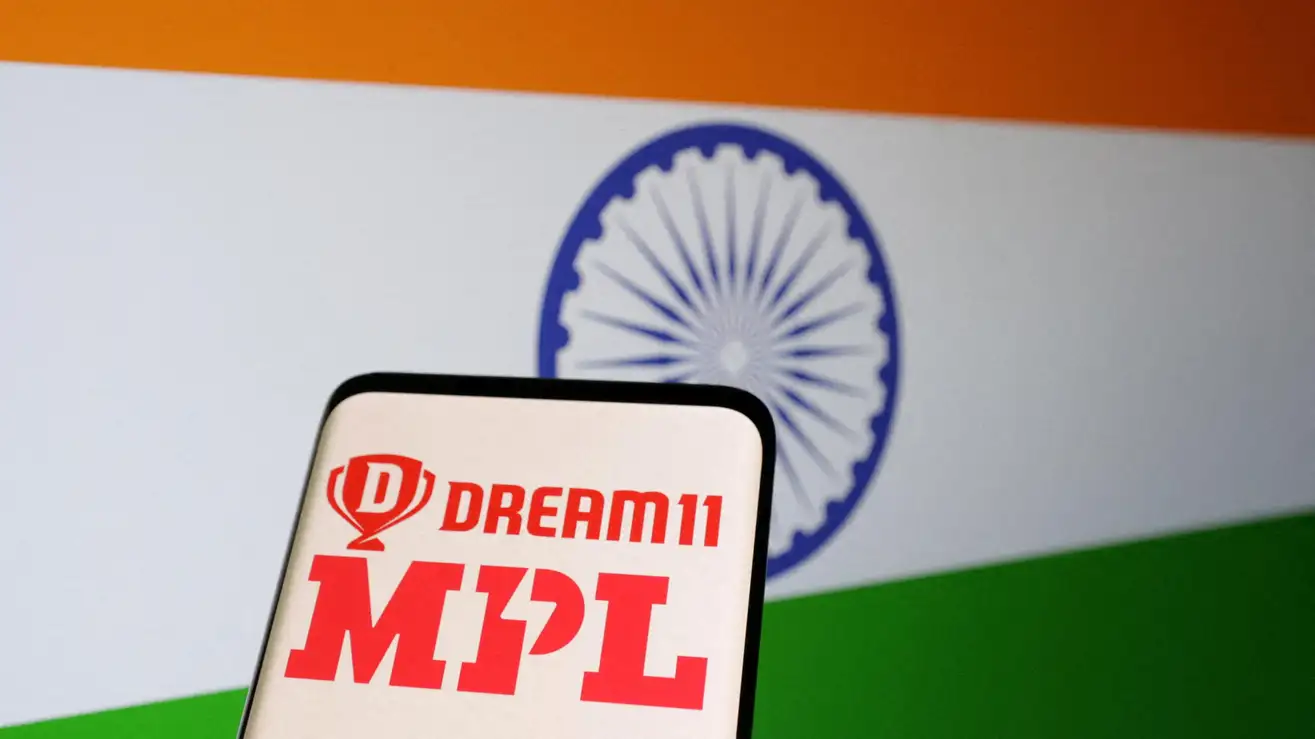India’s online gaming industry has experienced significant growth in recent years, with millions of players engaging in various forms of online gaming, including mobile gaming, esports, and fantasy sports. However, the industry is now grappling with a major setback as the government has implemented a 28% tax on online gaming platforms. This move has sent shockwaves through the gaming community, raising concerns about the future of the industry and its impact on players. In this article, we will explore the implications of India’s dreaded 28% online gaming tax.
The Tax Burden
The 28% tax on online gaming, introduced as part of the Goods and Services Tax (GST) framework, has been met with significant apprehension by industry stakeholders. Online gaming companies, which were previously subject to a lower tax rate, are now faced with a substantial increase in their tax liabilities. This includes not only game developers and publishers but also platforms hosting esports tournaments, online poker, rummy, and other skill-based games.
The Burden on Startups
One of the major concerns surrounding this tax is its impact on startups and smaller gaming companies. These companies often operate on limited budgets and rely heavily on investor funding to sustain their operations. The sudden imposition of a 28% tax puts an enormous strain on their finances, potentially hampering their ability to grow, innovate, and create employment opportunities. Moreover, this tax could deter new entrants from entering the market, stifling competition and innovation within the gaming industry.
Negative Impact on Players
The online gaming tax is not only a burden for companies; it also has a direct impact on players. Many online gaming platforms have been forced to pass on the additional tax burden to the players by increasing the prices of in-game purchases, subscriptions, and entry fees for tournaments. This could make gaming more expensive and inaccessible for a significant portion of the player base, especially for casual gamers and those from lower-income backgrounds.
Esports and Competitive Gaming
Esports, a rapidly growing sector within the gaming industry, has been hit hard by the new tax. India has seen a surge in esports tournaments and competitive gaming events, attracting both local and international players. However, with the increased tax, organizers may struggle to generate sufficient revenues to support these events, resulting in fewer tournaments and reduced prize pools. This could negatively impact the growth and recognition of Indian esports talent on a global scale.
Potential Solutions
The implementation of the 28% online gaming tax has sparked a debate among industry experts, players, and policymakers. Some argue that the tax rate is excessively high and may lead to unintended consequences, such as pushing gaming activities underground or driving players towards unregulated platforms. They advocate for a more moderate tax rate that reflects the unique characteristics of the gaming industry.
Another potential solution is to explore the possibility of a tiered tax structure based on the revenue generated by online gaming companies. This would allow smaller startups and indie developers to operate with lower tax rates while ensuring that larger companies contribute their fair share.
Conclusion
India’s 28% online gaming tax has created a wave of uncertainty within the gaming industry, impacting both companies and players. It places a significant burden on businesses, particularly startups, and threatens the affordability and accessibility of gaming for millions of players. As the industry grapples with these challenges, it is crucial for policymakers to reconsider the tax rate and explore alternative approaches that foster growth, innovation, and a sustainable gaming ecosystem in India.

